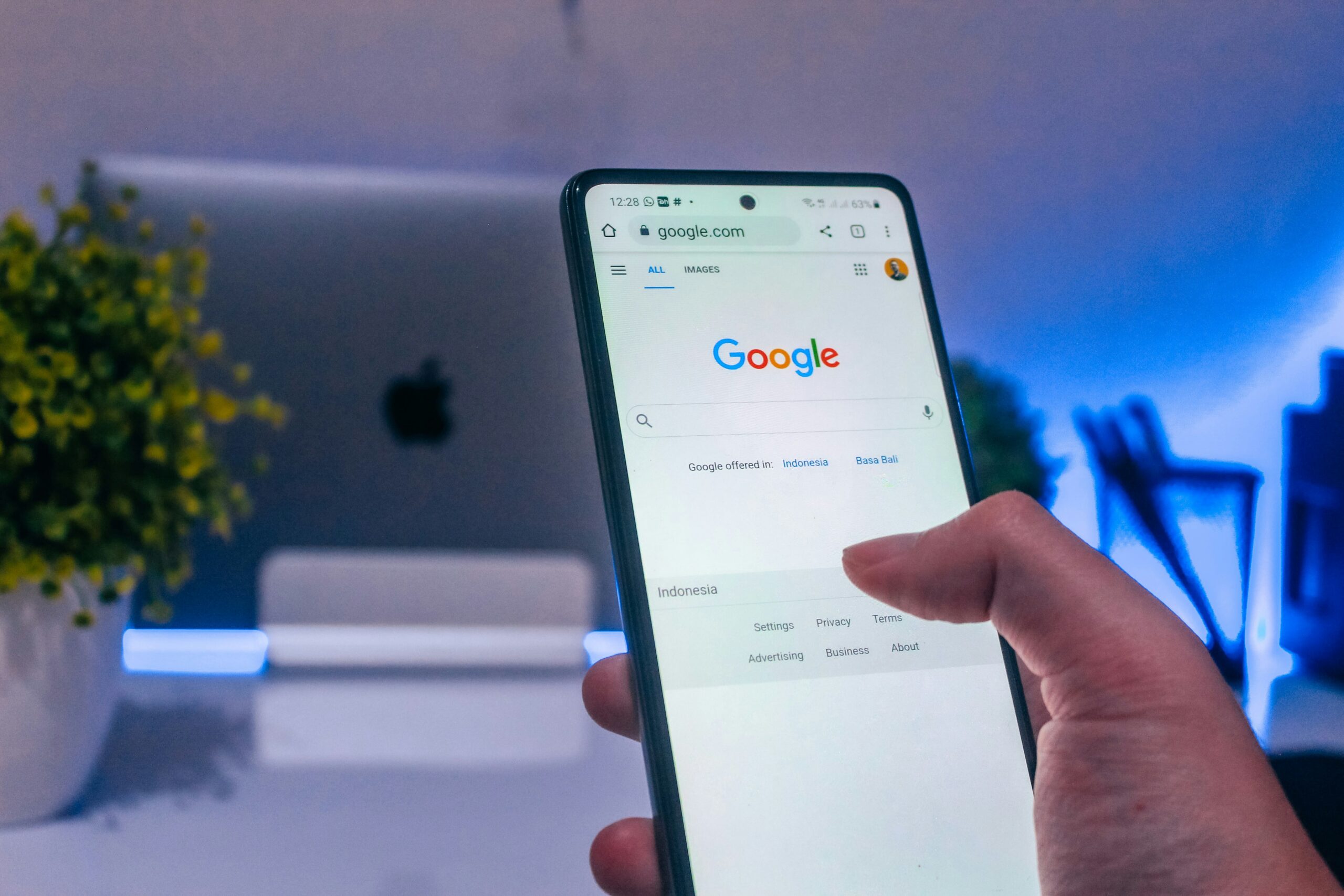When managing a pay-per-click (PPC) campaign in Google Ads, choosing the right keyword match types is crucial. These match types dictate how closely a search query must match your chosen keywords to trigger your ad. Selecting the appropriate types of keywords ensures your ad reaches the right audience while optimizing your budget. Below, we’ll explore the different keyword match types, their pros and cons, and how advertisers use them in PPC campaign management.
The Four Main Keyword Match Types
Broad Match
Broad match is the default keyword match type in Google Ads. It captures the widest range of searches, displaying ads for queries related to your keywords, including synonyms and variations.
Advantages:
- Increased Reach: Broad match exposes your ad to a larger audience.
- Discovery Opportunities: It helps uncover new search terms you may not have considered.
Disadvantages:
- Lower Precision: Ads may show for irrelevant queries, potentially wasting budget.
- Higher Costs: Without proper monitoring, this can lead to inefficiencies.
Usage:
Advertisers often use broad match to cast a wide net during the research phase of a PPC campaign. Pairing this with a keyword match type tool or negative keywords helps refine targeting. Another way advertisers use broad match type is by pairing it with a bidding portfolio with a CPA or ROAS goal. This helps expand reach while maintaining efficiencies.
Broad Match Modifier (Deprecated)
While no longer supported as of 2021, the broad match modifier allowed advertisers to require certain words in the search query. Its replacement is a more nuanced version of broad match, incorporating elements of phrase match.
Phrase Match
Phrase match ensures that ads appear only when the search query includes the exact phrase or close variations of your keyword in the same order.
Advantages:
- Balanced Reach and Precision: It’s more targeted than broad match but still allows some flexibility.
- Reduced Waste: Ads are less likely to appear for completely unrelated searches.
Disadvantages:
- Limited Reach: Phrase match restricts visibility compared to broad match.
Usage:
Phrase match is ideal for mid-funnel campaigns where advertisers target users searching for more specific terms.
Exact Match
Exact match displays ads only when the search query matches the keyword exactly or includes very close variations.
Advantages:
- Highest Precision: Ensures ads appear only for highly relevant queries.
- Improved ROI: Eliminates wasteful ad spend by focusing on the most targeted audience.
Disadvantages:
- Limited Traffic: This match type restricts exposure.
- Requires Granularity: A large list of exact-match keywords may be necessary for broader coverage.
Usage:
Advertisers use exact match for bottom-of-the-funnel campaigns where precision is critical to converting high-intent users.
Negative Match
Negative keywords prevent your ads from showing for certain search terms.
Advantages:
- Improved Relevance: Prevents ads from appearing for irrelevant or low-value queries.
- Cost Savings: Reduces wasted clicks, optimizing your budget.
Disadvantages:
- Setup Effort: Requires ongoing monitoring and refinement.
Usage:
Negative match is essential for all PPC campaign management strategies to exclude irrelevant traffic and improve campaign efficiency.
Choosing the Right Keyword Match Type
Advertisers often use a combination of keyword match types to balance reach, precision, and budget. Tools like the keyword match type tool can help identify which types of keywords align best with campaign goals. For example:
- Broad Match: Best for brand awareness and discovering new opportunities.
- Phrase Match: Ideal for driving mid-funnel traffic.
- Exact Match: Suited for high-conversion, bottom-funnel campaigns.
Monitoring performance through regular analysis and refining match types based on data is essential for success.
Final Thoughts
Understanding and utilizing the different keyword match types is key to effective PPC campaign management. By strategically combining broad, phrase, exact, and negative match types, advertisers can maximize their ad reach, relevance, and ROI. Leveraging tools to refine and optimize your approach ensures you’re making the most of your ad spend while delivering value to your target audience.
Looking for a Digital Marketing Agency?
At ShiruDigi, we’re a team of digital marketing experts with practical industry experience. Whether your brand’s monthly budget is $5000 or $5 million, we know exactly how to create a PPC campaign management strategy that’ll give give you a bang for your buck! Learn more about our PPC campaign management services and contact us today for a free 30 minute business consultation.
Read the latest digital marketing tips online with ShiruDigi’s digital marketing blog. For regular updates, you can also follow us on social media: Facebook, Instagram, YouTube, LinkedIn.

Comments are closed